NRSG633 Reflection: Applying Gibb's Cycle to Nursing Practice
VerifiedAdded on 2022/08/01
|6
|991
|23
Journal and Reflective Writing
AI Summary
This reflective journal, written by a nursing student in their ninth week of study, details their experiences and learning within the NRSG633 specialty modules. The reflection employs Gibb's Reflective Cycle to analyze the student's growth in urology surgical nursing, focusing on key areas such as communication, teamwork, nursing assessment, clinical decision-making, and health promotion. The paper discusses the student's initial feelings, evaluations of their learning, and an analysis of how theoretical concepts relate to their practical experiences. It highlights the importance of interprofessional communication, shared decision-making, and the continuous nature of learning in nursing. The student concludes with an action plan for future practice, emphasizing the application of learned concepts and seeking guidance from mentors. The reflection is supported by relevant literature and aims to meet the requirements of a doctorate-level reflection at La Trobe University.
1 out of 6
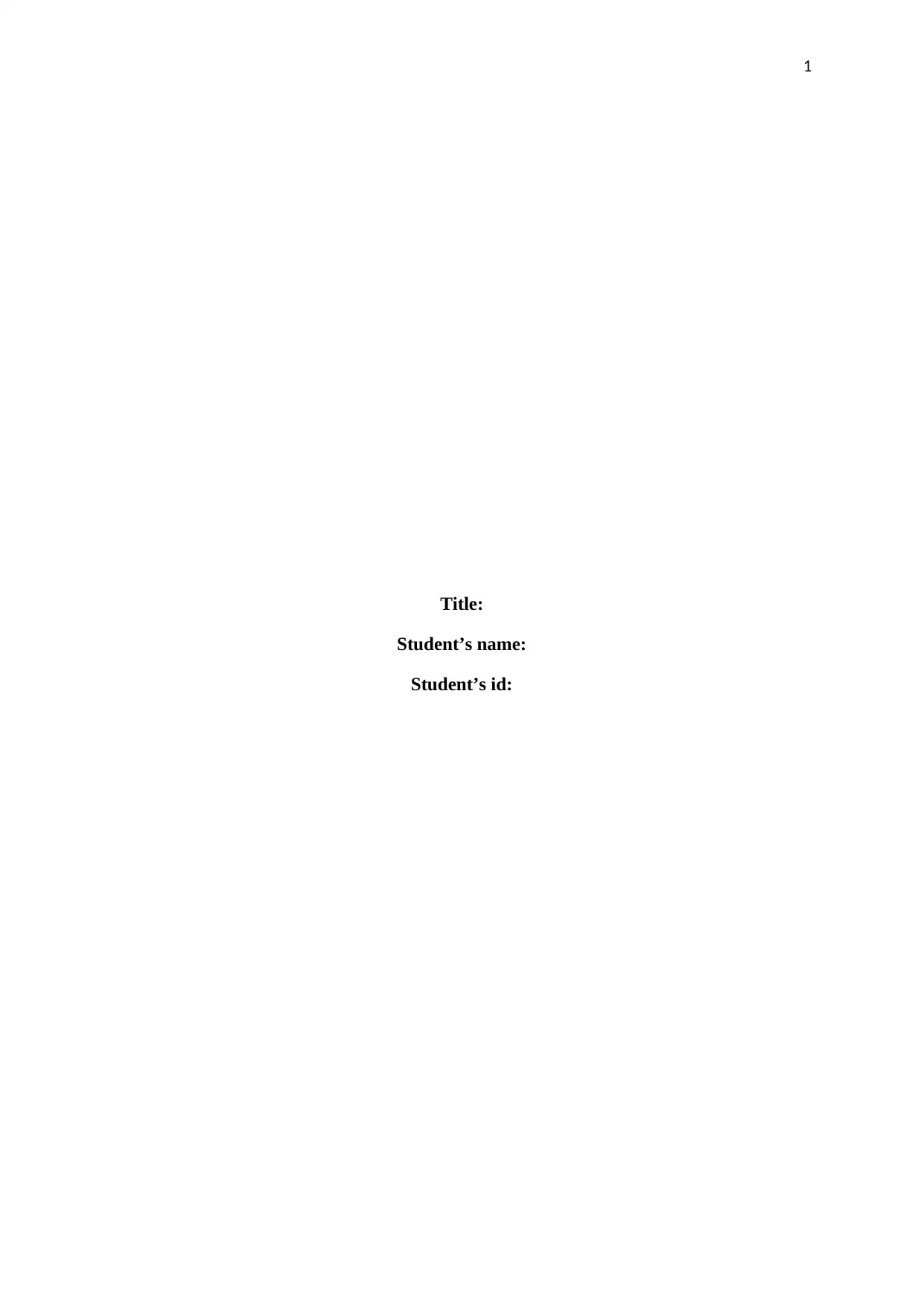
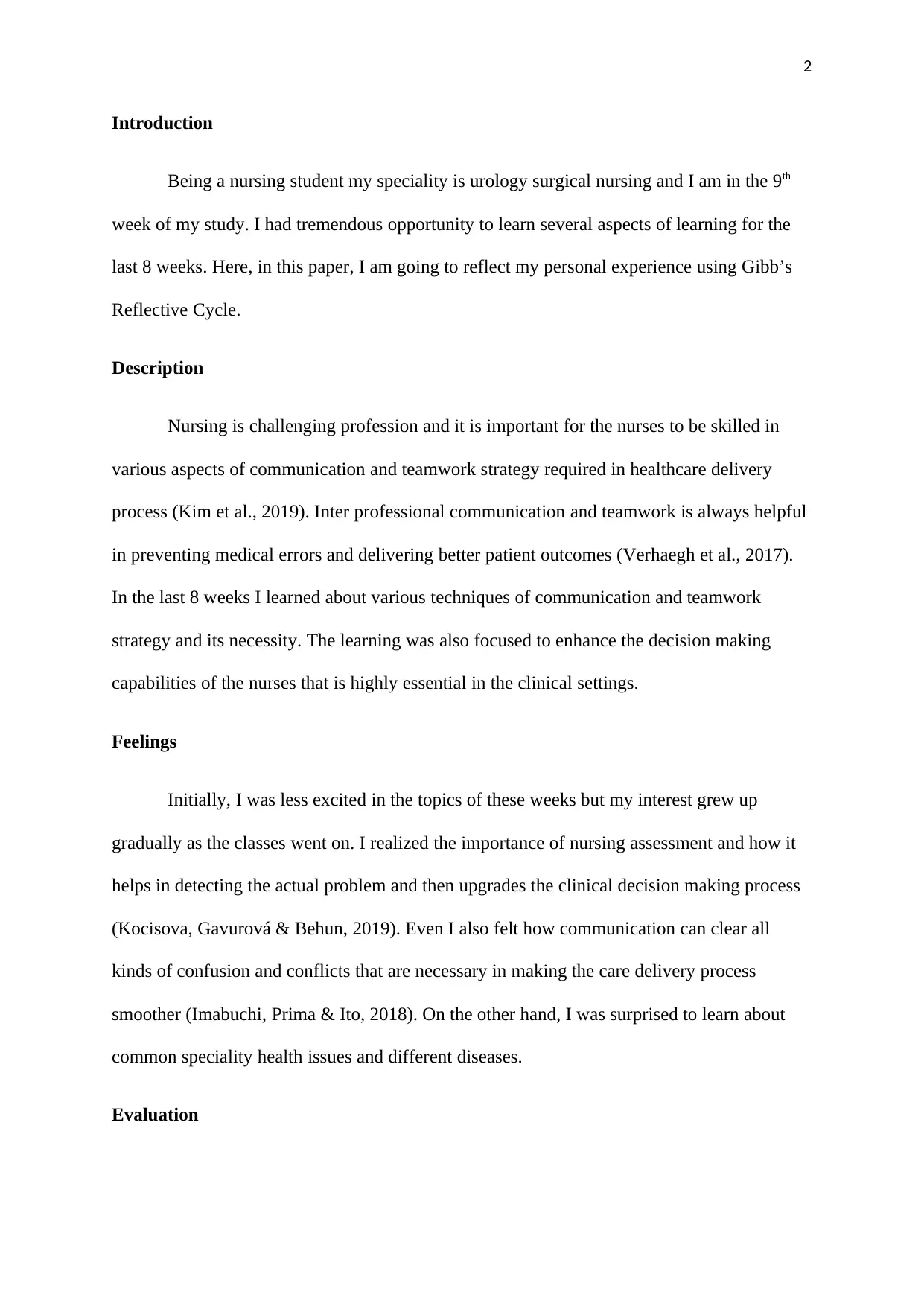
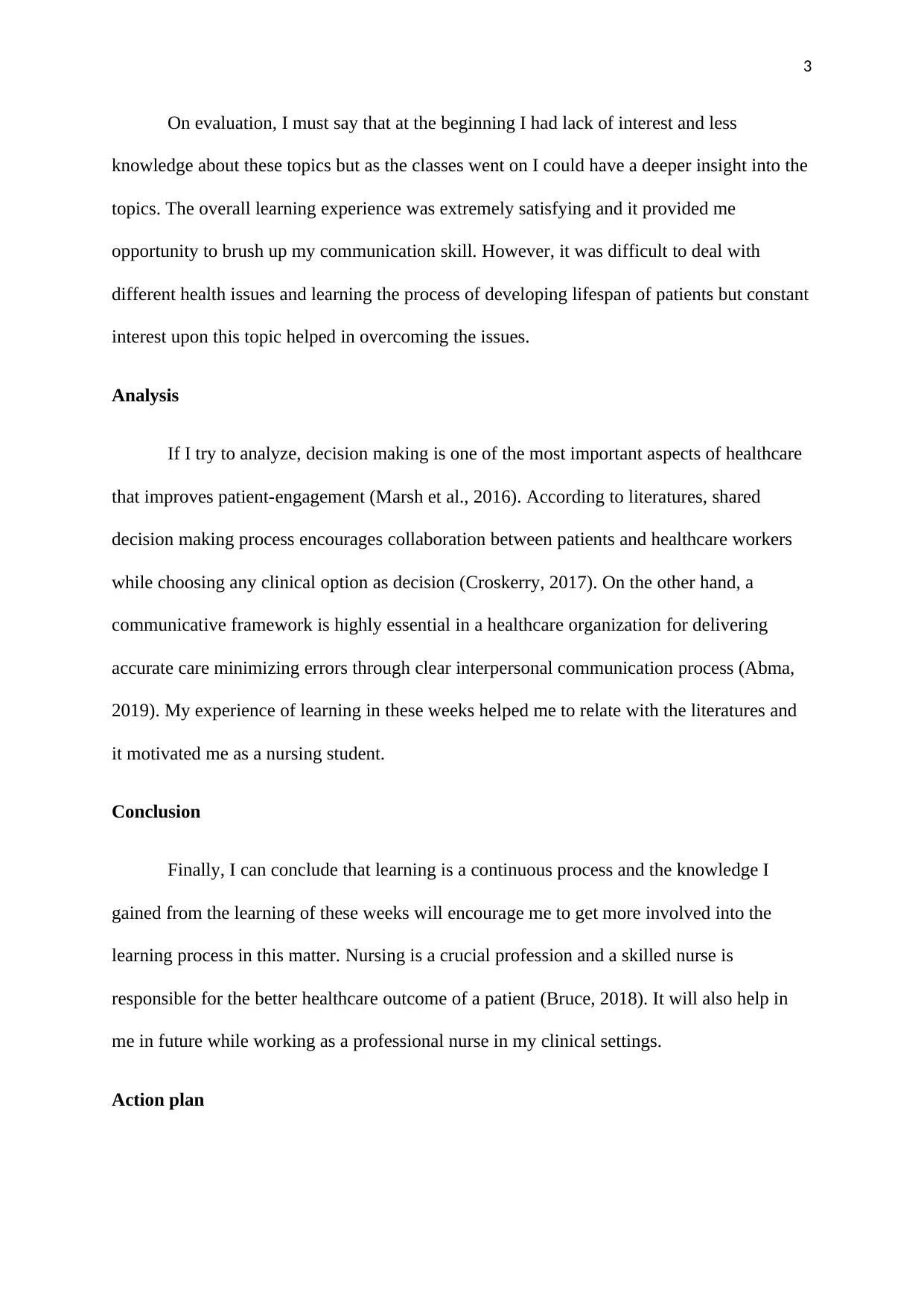

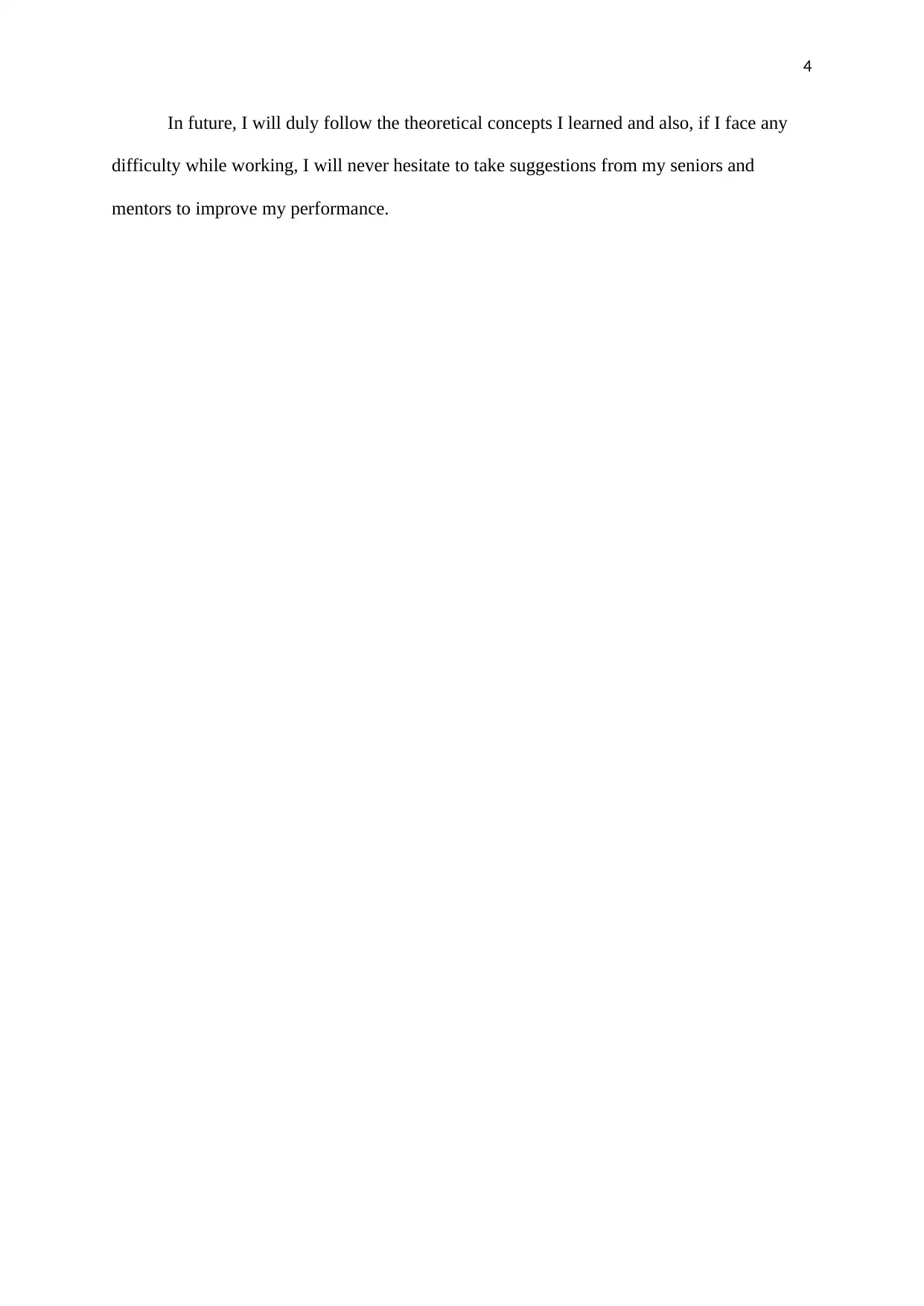
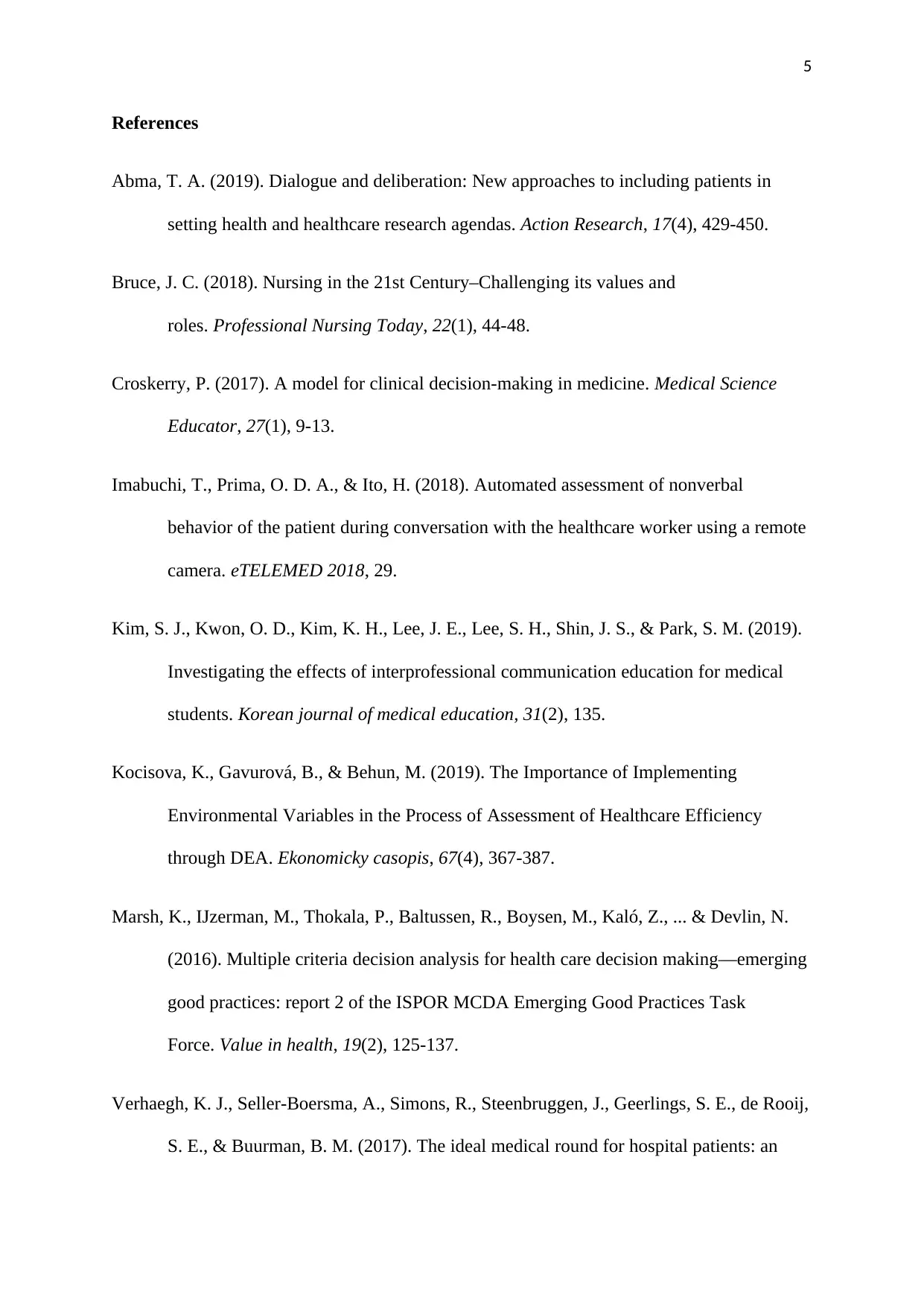
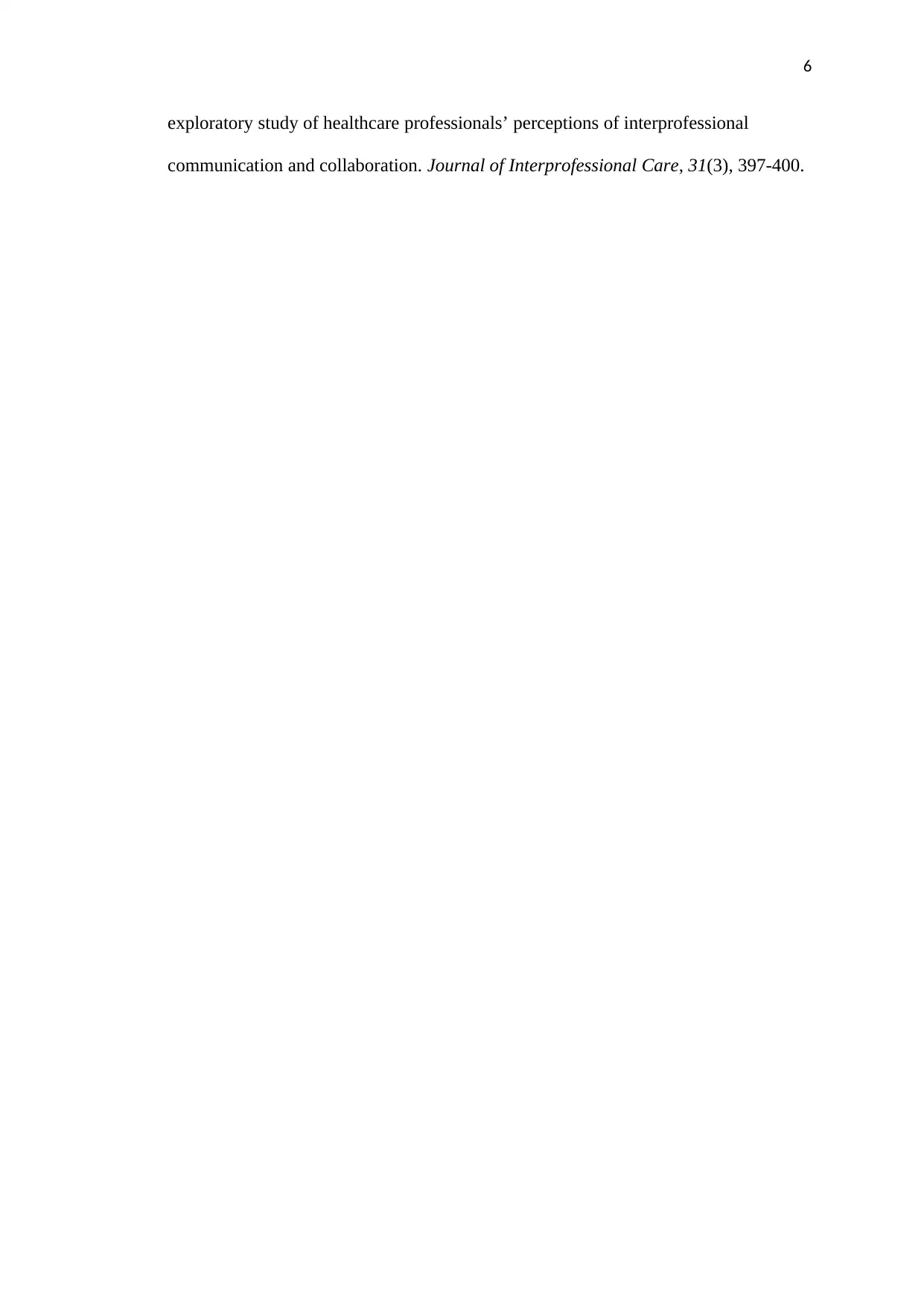






![[object Object]](/_next/static/media/star-bottom.7253800d.svg)